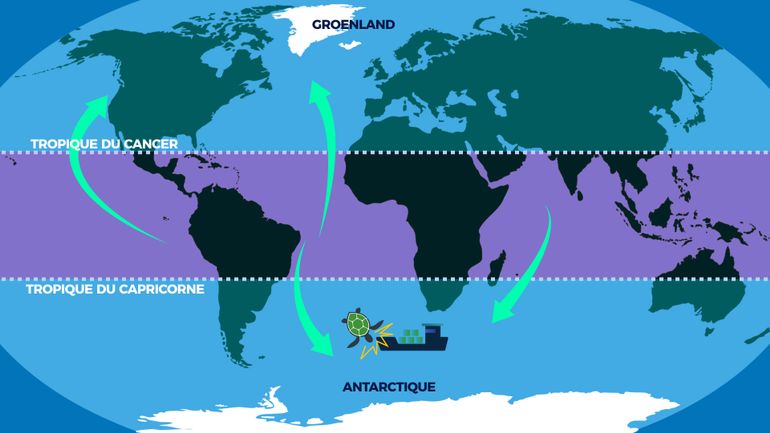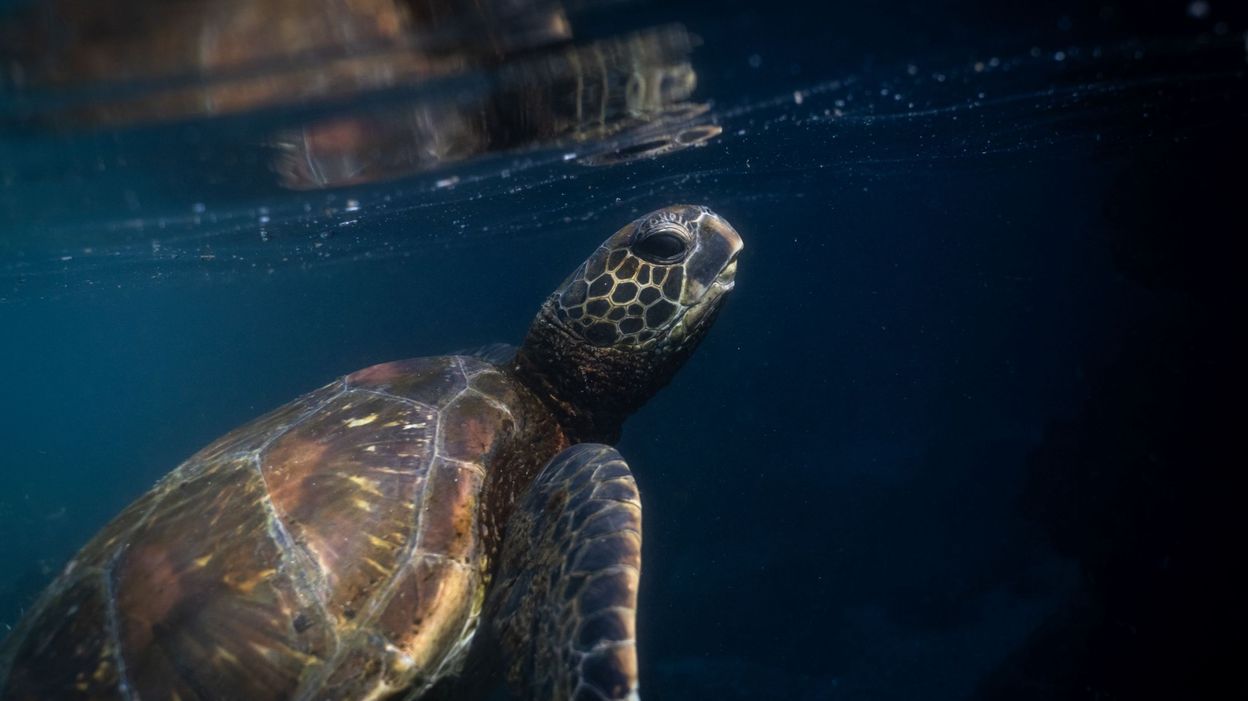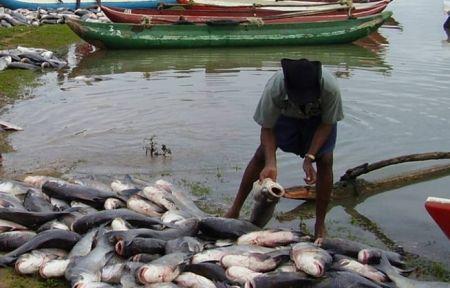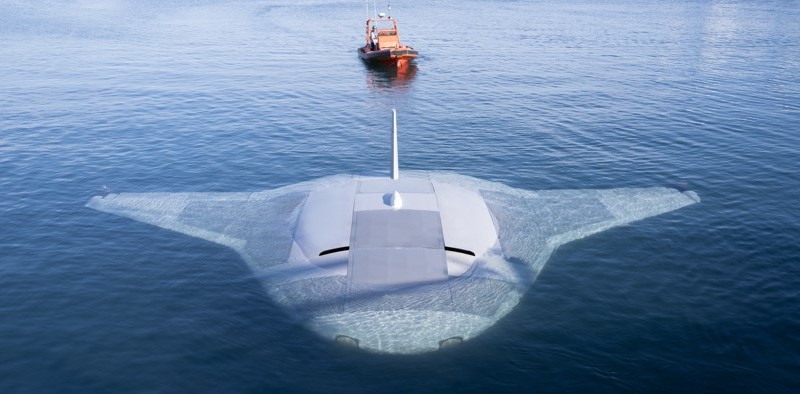Climate change is profoundly reshaping the global distribution of sea turtles, pushing these species out of the tropics and directly into some of the world’s busiest shipping lanes.
A study conducted by two researchers from ULB (Université libre de Bruxelles), published in Science Advances, reveals a new consequence of climate disruption: warming tropical waters are forcing sea turtles to migrate toward cooler polar regions — areas that overlap with heavily trafficked global maritime corridors, where risks are higher and protections are weaker.
“With climate change, turtles will have to follow their food, which is itself influenced by ocean currents that are shifting due to changing temperatures,” explains Denis Fournier, one of the study’s authors. “This will result in migration toward cooler regions.”

This migration has serious implications for conservation.
“Turtles are fleeing the heat but swimming toward danger,” warns Fournier. “By changing their feeding grounds, they’re moving into major shipping routes. Furthermore, the current marine protected areas that serve as turtle habitats will no longer be suitable within a few years. These zones will become obsolete.”
The study — based on over 27,000 turtle sightings and one billion ship position data points (AIS) — highlights a worrying trend: ship collisions are already a major cause of turtle mortality in areas like the Galápagos, the Mediterranean, and Florida. These risks are expected to rise significantly with the projected growth in maritime traffic.
A Ripple Effect Across the Marine Ecosystem
“This isn’t just about turtles,” adds co-author Edouard Duquesne. “It’s about protecting entire ecosystems — and the ecosystem services that millions of people rely on.”
As keystone species, sea turtles play a vital role in maintaining the health of marine ecosystems. Their decline could trigger significant ecological and socioeconomic consequences, particularly for coastal communities.
This is why the authors call for “a more dynamic approach to marine protected areas,” including real-time species monitoring. Another recommendation focuses on navigation practices:
“If we can reduce ship speeds — at least near coastlines — it’s also a way to lessen the impact of collisions on turtle shells. This has already been implemented in places like Florida and Canada to protect whales,” notes Denis Fournier.
Source: RTBF




